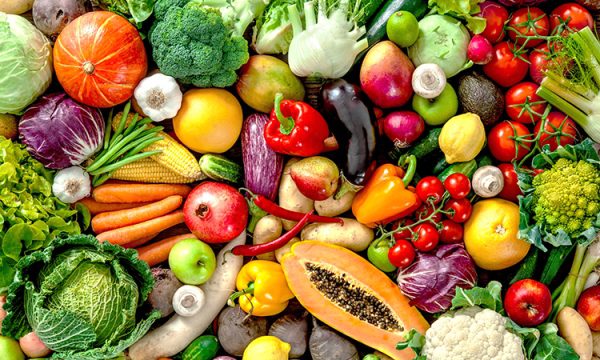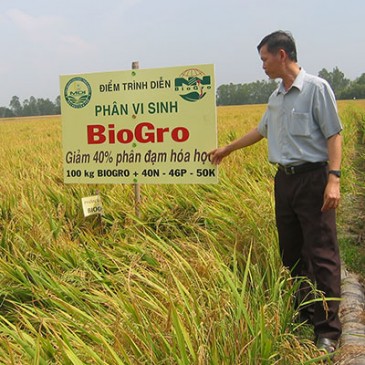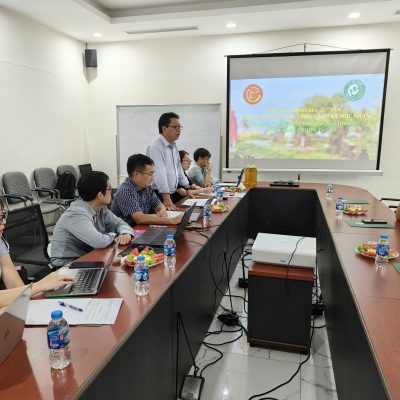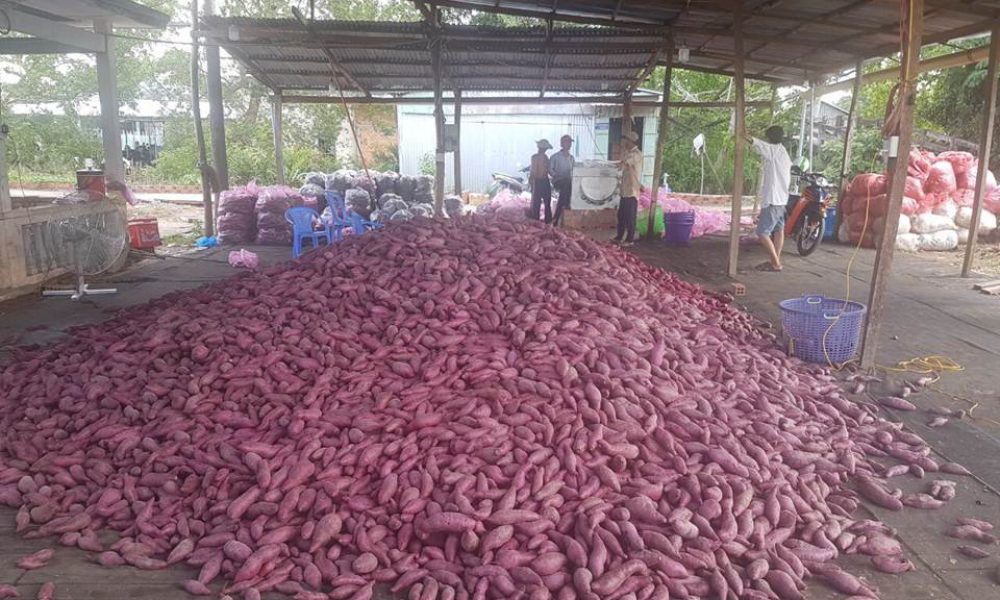

The survey shows an increase in vegetable consumption during the pandemic
This study is believed to be the first multi-continental study to be conducted on the effects of COVID-19 on eating habits..
Positive changes such as increased home cooking and cooking from scratch with fresh ingredients have been recorded. However, There are also negative trends, for example, an increase in saturated fat intake is reported.
Bulk purchases spiked – put pressure on food systems that are already stressful and can lead to shortages, causing further panic purchases – Also observed during the study.
The survey was carried out during the period from month to month 5 to month 6 year 2020, when many countries are embargoed and using the template 2.360 adults in four regions – island of Ireland, Brother, America and New Zealand .
General, The survey found less change in food behavior in the US compared with the other three regions, and the most significant regional differences occurred between the US and elsewhere.. For example, An increase in vegetable intake was demonstrated in all regions except the United States. There is also an increase in the frequency of home cooking and baking at home in all regions except the United States.
Parents cooking (and baking) The same offspring were also found to be increased in all samples except the United States (Interestingly, research shows that parents who bring their children into the preparation of family meals more often have higher dietary quality.).
Opposite, An increase in saturated fat intake was seen everywhere except the United States.
General, there was a decrease in take-away food consumption and an increase in 'food organizing practices'. (planning ahead, Shop with grocery list, v.v.). When it comes to "food management practices" (prepare in advance, cook in batches, v.v.), there are no obvious changes for Ireland or New Zealand. This may be related to the fact that the Irish and New Zealand restrictions are stricter than in other regions., so there may be less need to prepare food in advance.
“These findings don't just provide vital data on how our behaviors and food systems have adapted to pandemic., but also has public health implications as we continue to strive to manage COVID-19 with continuous containment and restriction measures ”, team leader – Dr. Fiona Lavelle from IGFS said about the project,.
“We want to understand the impact of the pandemic and the shutdown on people's health, but we also want to try to figure out how to measure the impact on the global food system..
“Thank you very much, There is some good news in our findings and many people have benefited from cooking more at home and eating a wider range of fresh foods.. But there are also some red marks in it, such as an increase in saturated fat consumption, can be reduced to ‘comfortable eating’ during the blockade. It is very important – especially during a pandemic, for obvious reasons – to maintain a balanced diet, nutritious.
“One of the survey results that interests me the most is the increase in cooking with children, This is good for kids – but our research highlights potential positive benefits to the quality of a parent's diet when children are involved ”.
“With the blockade continuing and there will probably be more people working from home in the future, I believe that bringing kids into cooking activities will be a key public health message in the future. ”
Research by the Institute of Global Food Security (IGFS) at Queen's partnership with St Angela's College, Sligo (part of the National University of Ireland, Galway) leader. The main findings have been published in the journal Nutrients and the team believes that this is the first study published on multiple continents about changing food practices by COVID-19..
Source: Ministry of Agriculture and Rural Development














